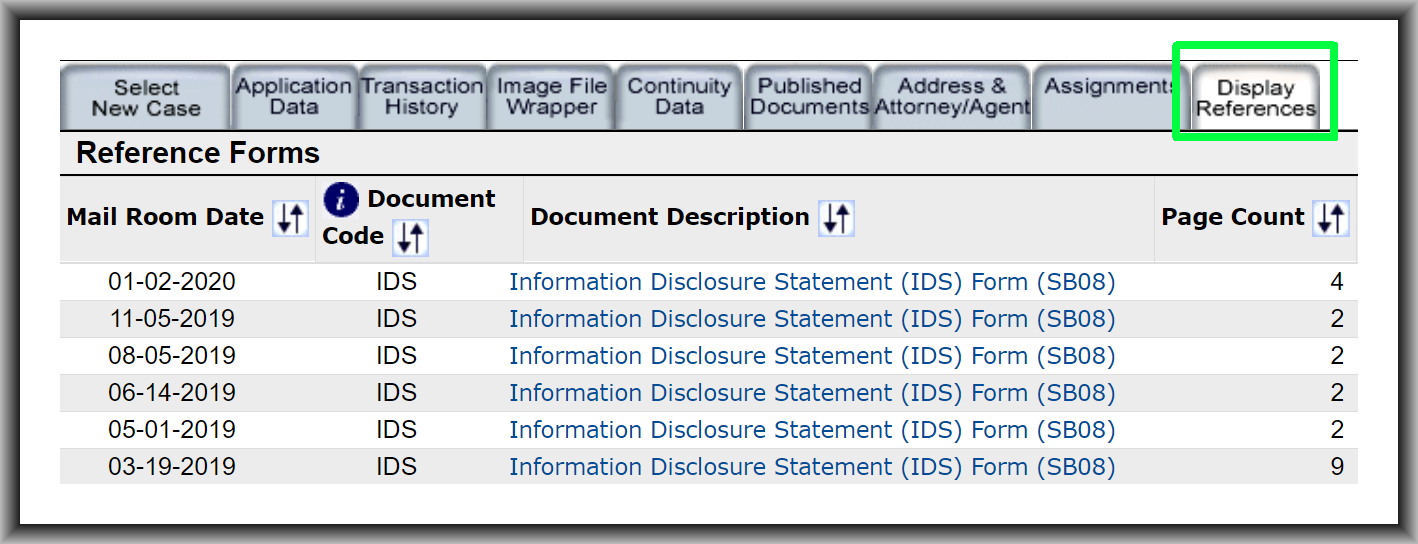Readers will recall my blog article about “Super Patents” and how to get them. The idea is to file a PCT application and be fortunate enough that it gets accepted into the Collaborative Search and Examination (“CS&E”) pilot program.
This is a pilot program created by the five biggest patent offices (China, Europe, Japan, Korea, US) in which an applicant gets to have its claims searched and examined by all five patent offices. The pilot program began about a year and a half ago and will wrap up in 2020.
The way that the pilot program was set up, each of the five Offices was willing to take on the role of ISA for purposes of CS&E in one hundred PCT applications. Doing the math, this means that all told, five hundred PCT applicants would be so lucky as to get their applications into this program.
Each Office, in its role as ISA, was thus necessarily keeping track of the number of PCT applications that it had accepted into the CS&E program. Each Office would stop accepting new cases once it hit the limit of one hundred.
One of the offices hit its limit of one hundred a couple of weeks ago, and another office hit its limit just yesterday. Which raises the natural question, right now in January of 2020, how many slots are still open? I’ll tell you. Continue reading “Only 103 “Super Patent” slots remaining out of 500″
 I had previously identified IP Australia as the Office that was the most trendy, modern and up-to-date so far as DAS participation is concerned. Of the 25 Offices participating in DAS, IP Australia stood alone as the only Office participating in every way that it is possible to participate.
I had previously identified IP Australia as the Office that was the most trendy, modern and up-to-date so far as DAS participation is concerned. Of the 25 Offices participating in DAS, IP Australia stood alone as the only Office participating in every way that it is possible to participate.




